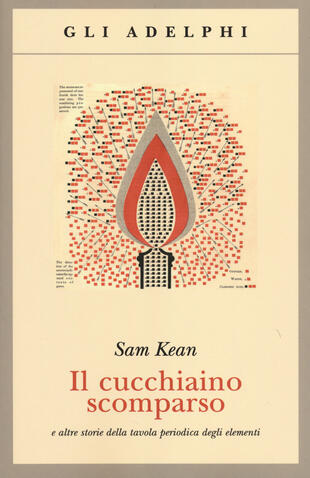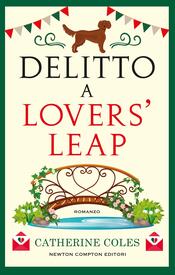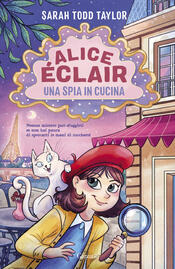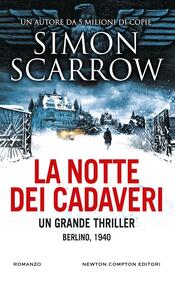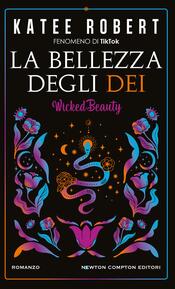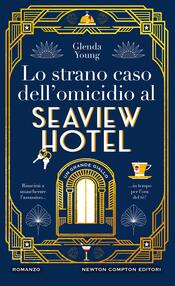Il cucchiaino scomparso e altre storie della tavola periodica degli elementi
Acquistalo
Sinossi
Ideata autonomamente, nel 1869, da Dmitrij Mendeleev e Julius Lothar Meyer, la "tavola periodica degli elementi" continua a restare per lo più congelata nell'inerzia dei ricordi scolastici. Con il libro di Sam Kean dietro ogni simbolo e ogni numero atomico si spalancano sequenze inimmaginabili in tutti gli ambiti dell'esperienza e della conoscenza umana. Come quelle arcaico-antropologiche sull'antimonio, elemento che troviamo nel giallo del Palazzo di Nabucodonosor e nel mascara delle donne egizie, usato sia per sedurre che per incutere terrore. O, ancora, quelle medico-sanitarie sulla tossicità del nitrato d'argento contrapposta alle qualità terapeutiche dello zolfo, alla base del "prontosil rosso", sulfaminide e primo chemioterapico antibatterico. O, infine, quelle fisico-cosmologiche: tutti gli elementi della tavola, infatti, condividono la stessa genesi stellare (l'esplosione di una supernova) in una fase di contrazione della materia che ha scremato la Terra e gli altri pianeti, oltre quattro miliardi e mezzo di anni fa. Punteggiato di sorprendenti aneddoti (come quello, evocato nel titolo, del cucchiaino di gallio che si scioglie al contatto del tè, permettendo trucchi alla Houdini) e digressioni narrative, il libro di Kean è un'introduzione alla conoscenza di ciò che costituisce il nostro pianeta.
- ISBN:
- Casa Editrice:
- Pagine: 407
- Data di uscita: 18-06-2014
Recensioni
This is an absolutely brilliant idea for a book and it’s a superb book. It’s beautifully organized and well written. It’s a wonderful way to learn and/or deepen knowledge of chemistry. This book is fine for laypeople, but will give meaning and extra enjoyment even for advanced chemistry students. Mu Leggi tutto
The spoon disappeared in a cup of tea as the spoon was made out of gallium that melts at 29°C - not my cup of tea. This book is rich in empirical evidence and interesting tales of the last 200 years of history and discoveries of the chemical elements of the periodic table. However, the countless sto Leggi tutto
There's a certain type of goodreads troll -- the one who defends their beloved book by saying something like, "Well, if you knew the topic didn't interest you why were you stupid enough to pick up the book?" To that goodreads troll I now have an answer: this book. If you had told me a few weeks ago t Leggi tutto
This does for the periodic table what I am always trying to do for math....link the science to the historical events, the people, and the economics that push scientific discoveries. I was fascinated by the many details about the hunt for elements, the private lives of the Curies, the radioactive boy Leggi tutto
I should have liked this book more and I can't really explain why I didn't. It's not poorly written (though it ain't Solzhenitsyn) and it's not that uninteresting of a topic, but I just found that after the first 40ish pages, I dreaded having to read more. It was like pulling teeth, only a bit less
This book constipated my reading for almost a month. I have overdue fines from other books that were stacked up behind it. Not because I wasn't enjoying the book: it's readable, fascinating, and chock full of the very anecdotes about science and scientists that I love. So then, why the hell did I fi Leggi tutto
Citazioni
Al momento non ci sono citazioni, inserisci tu la prima!
